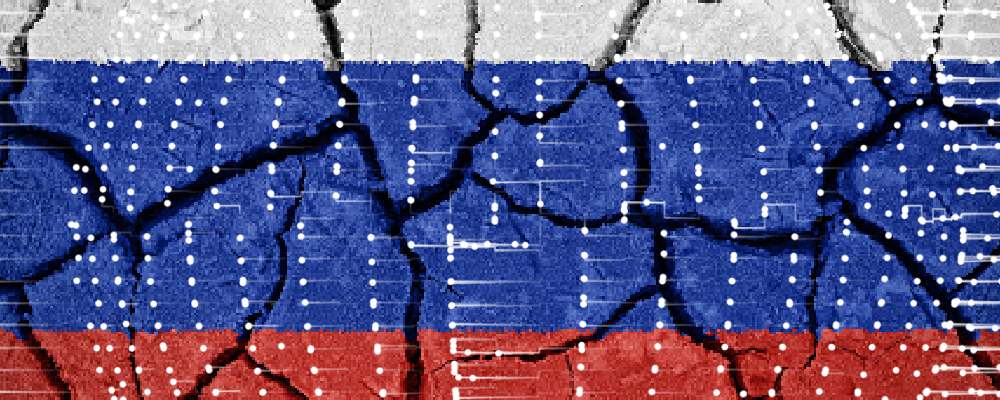Nations met in Italy at a tense G7 Summit while the US Treasury levied more sanctions against Russia and Russian entities. The private sector must be vigilant to secondary sanctions risk – OSINT can help.

Last week, the Global Group of 7 met in southern Italy while the United States Treasury and State Department levied over 300 new sanctions against Russian entities. At the behest of President Putin, Russia has transitioned to a full war economy, leaving behind the Russian people who want nothing to do with unjustified tyranny. Treasury Secretary Janet Yellen said when announcing the new sanctions, “Russia’s war economy is deeply isolated from the international financial system, leaving the Kremlin’s military desperate for access to the outside world.” The new round of sanctions come as President Joe Biden and President Volodymyr Zelenskyy sign a 10-year security agreement that will ensure the United States continues to provide Ukraine with weapons and military equipment to use against Russia. The pact, however, is not binding without US Senate ratification. In response, Russia immediately announced the indictment of Wall Street Journal reporter Evan Gershkovich on false claims of espionage. That was not a coincidence.
Thomas Schelling, Nobel Prize winner in economics and Advisor to President Kennedy during the Berlin crisis, explained in Arms and Influence that “salami tactics” can be used by States to creep towards an objective. Schelling writes:
“’Salami tactics,’ we can be sure, were invented by a child; whoever first expounded the adult version had already understood the principle when he was small. Tell a child not to in the water and he’ll sit on the bank and submerge his bare feet; he is not yet ‘in’ the water.”
The example goes on to explain that “pretty soon we are calling to him not to swim out of sight, wondering whatever happened to all our discipline.” It was easier, back in the first Cold War, to discern who had crossed lines set out by Great Powers. Today, in our interconnected world, the complexity is a bit more to intensive. Multinational companies, big and small, have become bystanders in a tit-for-tat escalation between the West and her adversaries. The dizzying array of sanctions coming from the United States and her allies require more than a handshake and a wire transfer. Due diligence, through rigorous investigations, is essential to each and every supply chain. Open-Source Intelligence (OSINT) offers a fast, cost-effective way to conduct due diligence or maintain compliance through investigations. Companies and compliance teams can utilize OSINT platforms, tools and monitoring capabilities to rapidly ensure supply chains are free of penalty-producing interactions with sanctioned individuals or entities. Digital supply chains are vulnerable as well. The Biden Administration has taken aim at Russian-made software over national security concerns. Companies should be asking and researching where software companies are based, where their developers are located, and look for vital security and compliance certifications that comply with the regions they operate in.

Last week’s round of sanctions from the US Treasury Department included everything from Russian financial institutions, to include the Moscow Exchange (MOEX), to drone manufacturers and machine tools, to electronic components procurement networks. In addition, the Treasury Department targeted “more than a dozen of these types of networks, designating more than 90 individuals and entities across Russia, Belarus, the British Virgin Islands, Bulgaria, Kazakhstan, the Kyrgyz Republic, the PRC, Serbia, South Africa, Türkiye, and the United Arab Emirates (UAE).”
These types of threats and vulnerabilities will only grow. The complexity of a connected world allows for states and criminal organizations to hide in plain sight. Money laundering, manipulation of supply chain data, and cyber vulnerabilities injected into digital environments are all applications where due diligence from OSINT can apply. Prevention on the front end can save vast sums of time and money on the backend.
Eventually, Nations will run out the preverbal salami and have difficult choices to make. In the meantime, multinational companies must stay vigilant to maintain compliance, avoid financial liability, or worse, inadvertently transfer critical intellectual property or sensitive information to adversarial Nations.

